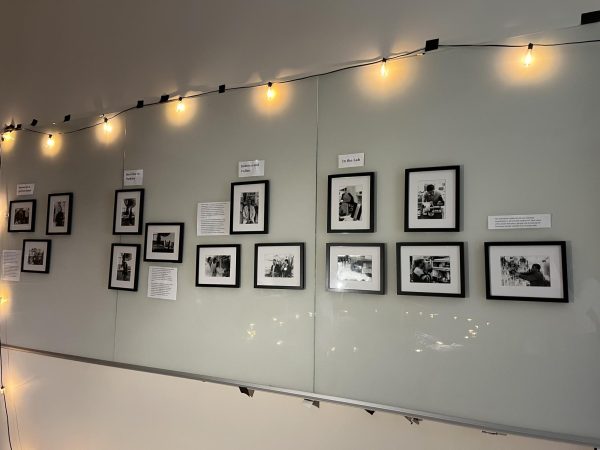The University of Wisconsin’s annual Earth Fest, hosted by the Nelson Institute for Environmental Studies, presented panel discussion “The History and Future of Energy Research at UW-Madison” April 23, which explored the past, present and future of energy research at UW.
The panel discussion delved into the history and legacy of energy research at UW’s Wisconsin Energy Institute. Associate director of WEI Mary Blanchard moderated the discussion amongst research leaders Wes Foell, Michael Corradini, Tracey Holloway and Tim Donohue.
Spanning across decades of involvement at UW, the speakers shared their experiences and collective contributions on campus as researchers in a variety of energy disciplines. One major theme of the discussion highlighted the multidisciplinary approaches and transferable knowledge UW holds, which allows the university to be a hotspot for energy research.
“When we take future problems, you need a team, and that cannot be strictly engineers or scientists,” Corradini said.
Today, Holloway said this becomes possible through opportunities on campus, such as the Energy Analysis and Policy graduate certificate program at UW, which offers a broader ranging vision of what it means to do energy research.
As an expert in Atmospheric and Oceanic Sciences, Holloway also highlighted how her involvement in the energy spaces at UW further proves how this field of research requires multiple disciplines. Despite the traditional picture of engineering playing a primary role in energy research, the future of this exciting field requires more voices.
The discussion was opened up to audience questions, giving attendees the opportunity to inquire about various aspects of energy work on campus and across the world.
Curated by Jacquelin Wisinski, the event included a photo exhibit open to all attendees highlighting energy research history at UW. This was the closing night of the exhibit, displaying extraordinary photographs of important contributors to energy disciplines at UW, including the WEI researchers in various lab settings, where they carry out the organization’s crucial work.



